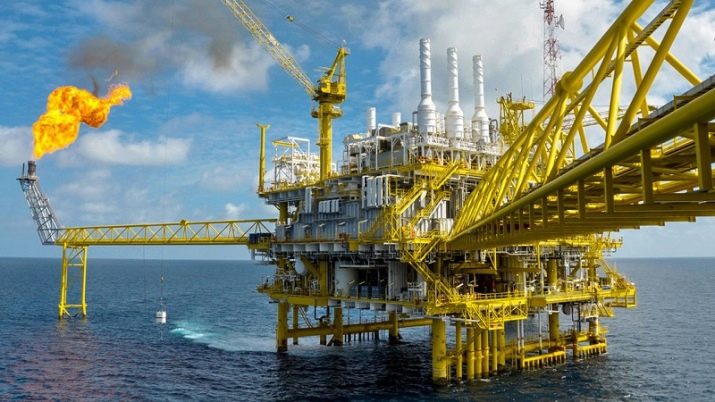Who is a driller and what does he do?
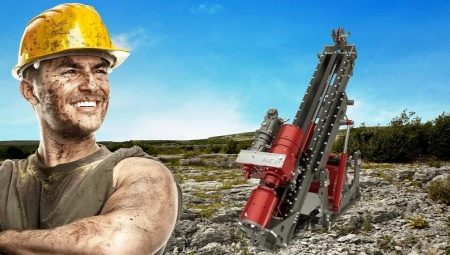
Not a single development of oil and gas fields is complete without the knowledge and skills of drillers. These professionals are indispensable in the construction of highways, tunnels and subways, they are in demand in the course of engineering and geological surveys, as well as their work is used in the process of finding water in arid regions. In our review, we will give a description of the driller's profession, talk about what he does in the workplace and what requirements apply to applicants for this position.
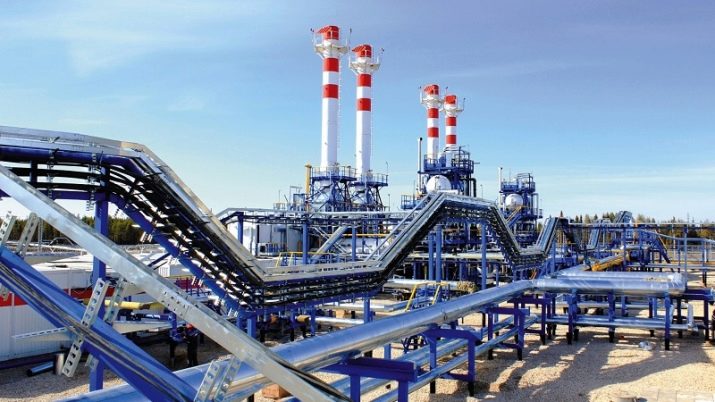
Features of the profession
First, a little history. Drilling has been used since the earliest civilizations. According to archaeologists, by the middle of the 1st millennium in China there were already wells, the depth of which reached 900 m, - they were created for the extraction of drinking water and salt solutions. The ancient Chinese used the method of percussion drilling, later it was used to create the world's first oil well, which was discovered in the middle of the 19th century in Bibi-Heybat. Soon a similar object appeared in America, and since then in our country the driller's profession has developed rapidly.
At the same time, drilling technologies were being improved. So, in 1899, the first electric drill was created in Russia, and in 1938 a drill was presented, which in its design features and technical parameters already resembled modern equipment. This evolution of technical means has made it possible to maximize the depth of the well. If in 1930 the maximum permissible depth was 3 km, then by the 50s this value had already reached 7 km. Nowadays, it has become possible to create wells with a depth of more than 12 km.
All this necessitated the training of drilling specialists - drillers (drillers). These workers can be engaged in a wide variety of activities, each of which requires different competencies, experience and training. Drillers include drilling engineers, technicians and machinists, with selection criteria varying significantly across technology divisions. For example, an assistant oil driller must have a different set of competencies than an assistant workover driller would require.
An electrician will also need their own set of skills and knowledge.
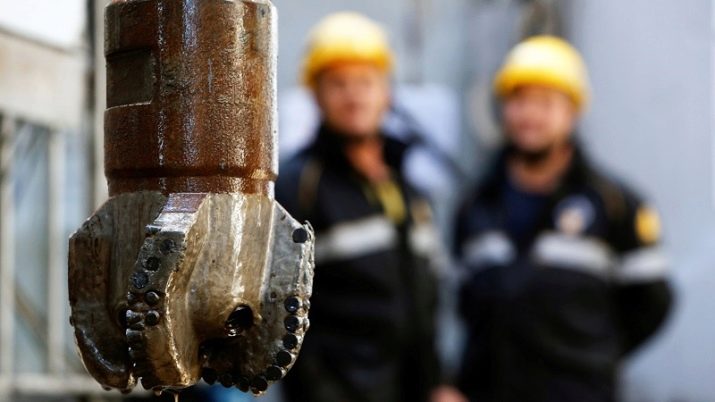
Generally speaking, the whole range of activities that are in one way or another related to well drilling can be conditionally divided into 2 groups - engineering and technical work.
- Drilling engineer is responsible for the organization and control of all work processes at the site, taking into account the characteristics of the equipment used, the technologies used, the duration and purpose of the operation of the facilities. In his production activities, this specialist relies on the current GOSTs and TUs, research data, as well as the results of an analysis of potential risks, taking into account safety requirements.
- Drilling technician is responsible for the implementation of all activities designed by the engineer. In the status of a drilling foreman, this worker supervises a group of assistants with the aim of drilling wells in different climatic conditions using various drills. This specialist oversees the process of disassembling and dismantling the equipment, carries out drilling and blasting operations. In addition, he takes an active part in conducting topographic surveys, as well as in the development of estimate and design documentation.
It should be noted that the work of a driller is in demand not only in the construction and operation of new wells. These people also carry out maintenance checks and equipment repairs. For example, at the stations where new drilling and mining equipment is put into operation, drillers often go on long expeditions.
Work on existing wells is usually carried out on a rotational basisas a rule, the line-up is changed every month. The work is quite hard, the specialist works 12 hours a day, seven days a week, moreover, often without arranging comfortable living conditions.
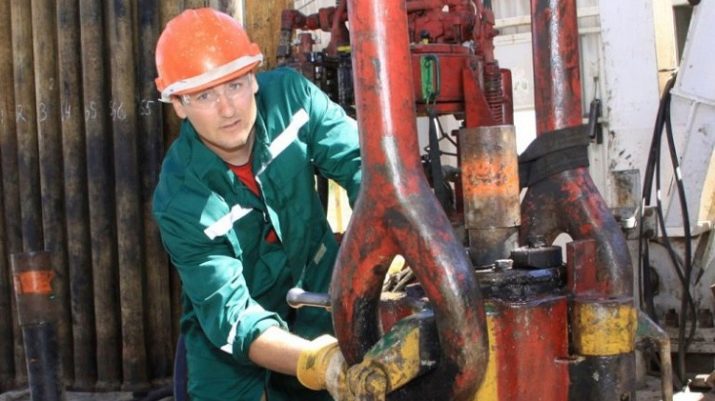
Responsibilities
The range of duties of a driller and the complexity of the work performed may vary depending on the direction of his training and qualification category. In accordance with ECTS and the established professional standard, the job descriptions of a driller include:
- drilling new wells;
- assembly and disassembly of drilling equipment;
- operation of equipment and, if necessary, its repair;
- drilling and blasting operations;
- maintenance of technical documentation.
The driller of exploration and production drilling of wells works on electric drills, his labor functions include:
- maintenance of electrical equipment;
- checking the technical condition of the electric drill, as well as the wires of the pantograph;
- if necessary - replacement of cable sections and adjustment of the automatic feed regulator;
- adjusting telemetry systems.
The installation engineer has the following responsibilities:
- controls equipment of various types;
- clears the area for fixing the equipment;
- is engaged in the maintenance of automatic motors, as well as starting mechanisms;
- participates in activities for the preparation of wellhead devices;
- participates in slinging works;
- is engaged in cargo transportation and loading and unloading operations.
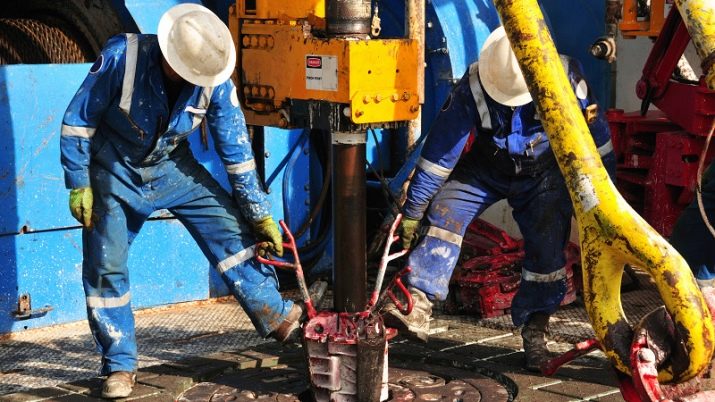
Knowledge and skills
In the list of requirements that apply to drilling specialists, there is always an item about necessary work experience - usually it is from 1 to 3 years.In addition, for the vacancy of a driller, a documented certificate of a well control and management specialist for gas and oil water production or a rig operator is required. The driller must be able to operate mobile drilling rigs, know all the necessary safety rules for drilling and geological exploration.
The drilling profession requires tremendous physical endurance, hardening and strength. This person works in the open air, in uncomfortable living conditions, therefore, he is required to be in good health. Psychological stability will not hurt either - during the shift, there is practically no time left for quiet entertainment, such as watching TV or playing computer games.
Few can pass such a test as a long separation from the family, and young professionals often have to establish contacts with a male team, the average age of whose members is 45-50 years old. It is this range that is considered the average for drillers in domestic companies. In foreign firms, specialists are a little younger - most often they are 30-40 years old. In addition, from employees a sufficiently high qualification is required, constant striving for self-improvement, ability and desire to master new technologies, study computer systems.
For non-management personnel, knowledge of foreign languages is encouraged, but not required.
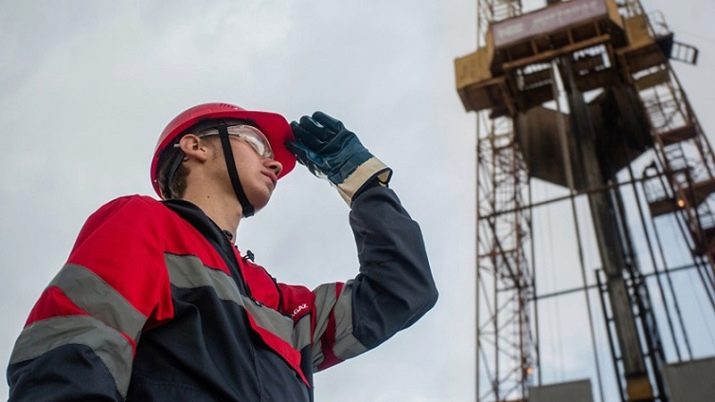
Discharges
Drilling specialists, depending on their experience, professional skills and competencies, may have several qualification categories. The latter determine the nature of the work to which the driller can be admitted.
- Driller 5 category has the right to drill in wells with a depth of up to 1.5 km of the first category of complexity.
- Driller 6 category allowed to work on wells with a depth of 1.5-4 km of the second category.
- 7 and 8 digits is the basis for admission to horizontal wells, as well as directional wells with a length of more than 1.5 km and vertical wells with a depth of 4-6 km. Drillers of these categories additionally perform the duties of checking the condition of the lifting unit, are responsible for the rigging of the tackle system, and can control the movement of the pump-compressor and drilling rigs. Their responsibilities include inspection of wells using end and tapered templates, installation of filters and participation in other activities.
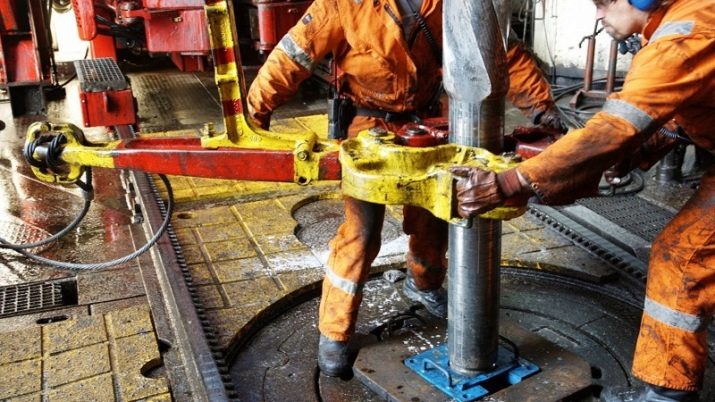
Education
In our country, drilling specialists are trained in higher educational institutions in the direction of "applied geology / oil and gas business / mining / geodesy of technology." Also, a candidate for work with wells can undergo training in the specialty "Mechanical Engineering" - in this case, he can apply the acquired knowledge in solving problems in the field of implementation, installation and maintenance of drilling equipment, including offshore structures. For admission to a university, future drillers need good USE results in the Russian language (by default), as well as in specialized subjects - mathematics and physics.
Driller assistants are trained in secondary vocational educational institutions in the direction of "driller of exploration wells and production rigs". Admission to colleges and technical schools is based on a high school graduation certificate competition.

Where does it work?
Drillers include not only specialists who are engaged in the extraction of minerals, oil and gas. These workers are in demand in the process of creating subways, in the course of disposal of toxic waste, in the construction of technological underground tanks and in many other types of work.
According to statistics, the average level of payment for a driller in our country is kept at a fairly high level. This specialist receives 80-90 thousand rubles a month.However, in some regions, for example, in the Magadan, Chelyabinsk, Irkutsk and Amur regions, as well as in the Altai Territory and the Trans-Baikal District, the average salary starts from 110 thousand rubles. Sakhalin is considered the absolute record holder, where drillers are hired with a salary higher than 300 thousand rubles. In addition to the salary, various kinds of allowances are added to the total amount. For example, for work in high-mountainous and waterless areas, multiplying coefficients are relied on.
Since drilling work is often carried out on a rotational basis in remote areas of the country, the employer usually pays travel expenses, covers the cost of overalls, food and accommodation for the driller when finding a job.
